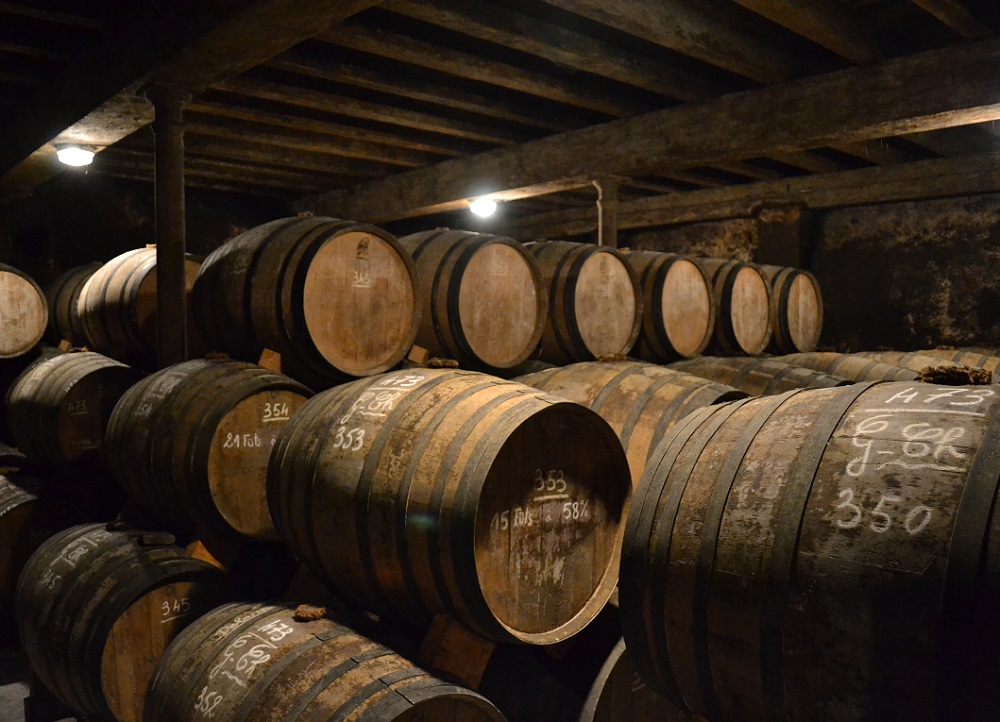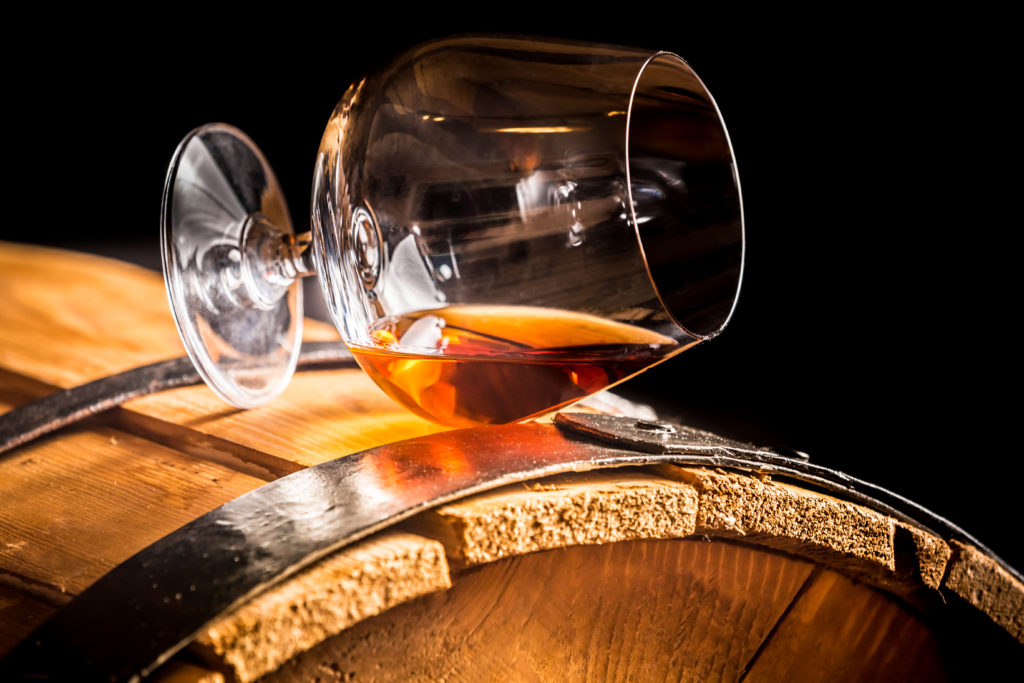The process of producing cognac is steeped in tradition and can take years, even decades, before the final product is bottled and sold. During this time, the spirit is stored in oak barrels, where it ages and gains its unique flavor profile. But did you know that during the aging process, a significant amount of the spirit evaporates into thin air? This is known as the angel’s share.
The term “angel’s share” originated in Scotland, where it refers to the amount of whisky that evaporates from the barrels during aging. The story goes that the angels in heaven are so fond of the aroma of aging whisky that they take their share of the liquid, leaving a smaller quantity for the distiller to bottle and sell.
The same phenomenon occurs in the aging of cognac, although the term “angel’s share” is less commonly used in France. During the aging process, cognac is stored in oak barrels, where it is left to age for years, sometimes even decades. As the spirit ages, it absorbs flavor and color from the oak, developing a complex profile of aromas and flavors.
But as the spirit ages, a portion of it evaporates through the porous wood of the barrel. This loss of liquid is known as the angel’s share. In the case of cognac, the amount of spirit lost to the angel’s share can be significant, sometimes up to 3% of the volume of the barrel each year.
While losing a portion of the precious liquid may seem like a waste, the process is an important part of creating the unique character of aged cognac. The evaporation of the spirit allows it to interact with the oak and the air in the aging cellar, developing complex flavors and aromas that cannot be achieved through any other method.
In addition, the loss of liquid through the angel’s share means that the remaining cognac in the barrel becomes more concentrated over time, making it richer and more flavorful. As a result, cognacs that have been aged for a long time often command high prices due to the small quantity of liquid remaining after the angel’s share has done its work.
While the angel’s share may be an essential part of the aging process for cognac, it also poses a challenge for producers. The evaporation of the spirit means that over time, the level of liquid in the barrel drops, which can lead to oxidation and spoilage if not carefully monitored. In addition, the loss of liquid can also lead to a reduction in the overall yield of the distillery, as less cognac is produced from each batch.
Despite these challenges, the angel’s share remains an important part of the mystique and tradition of aged cognac. The loss of liquid to the angels is a reminder of the time and care that goes into creating a spirit that is truly one of a kind. The next time you raise a glass of cognac, take a moment to appreciate the complex aromas and flavors that have been developed over years, and remember the angels who took their share along the way.


